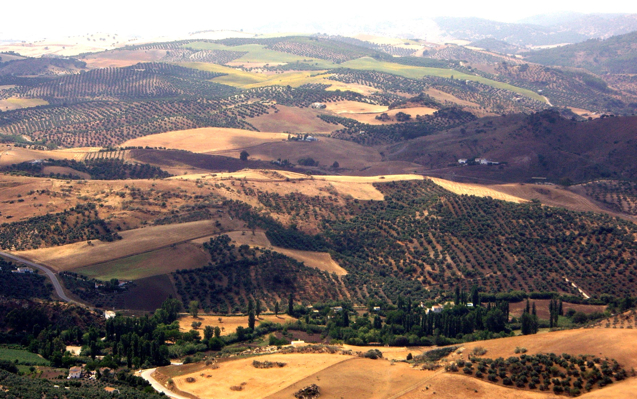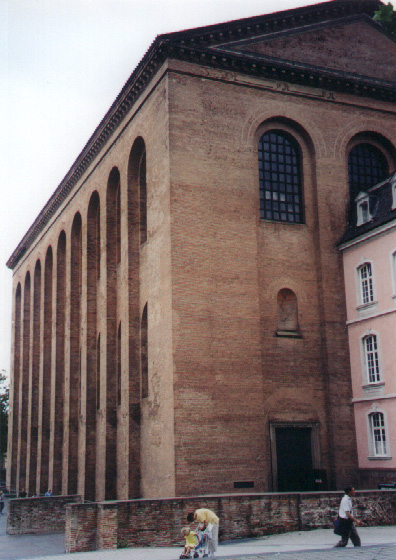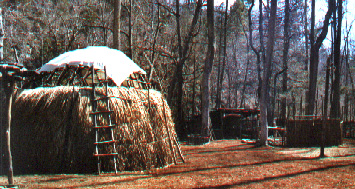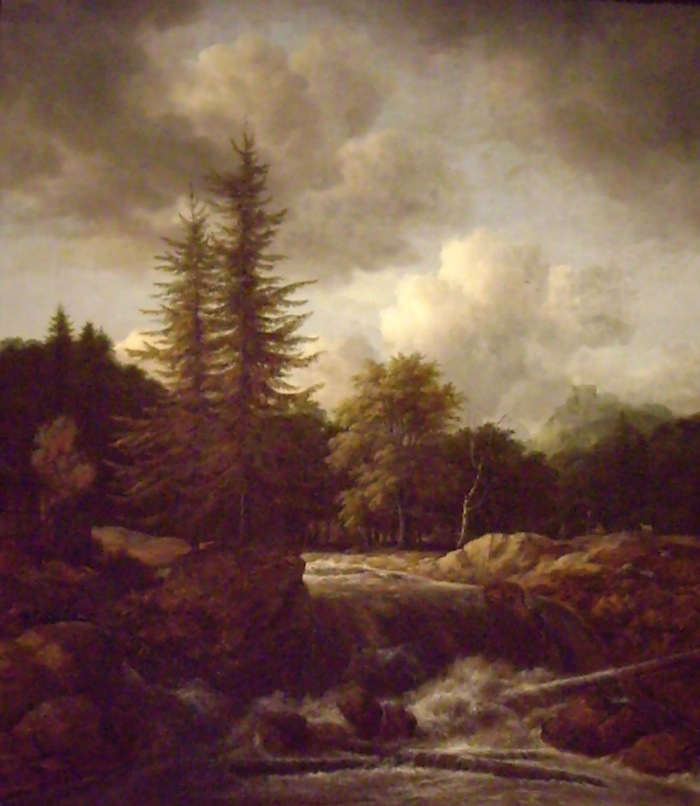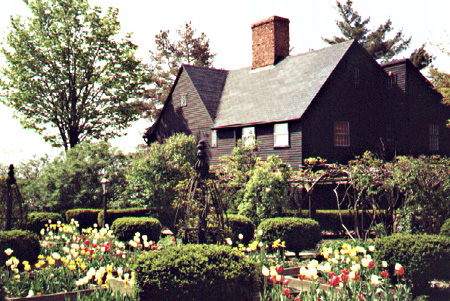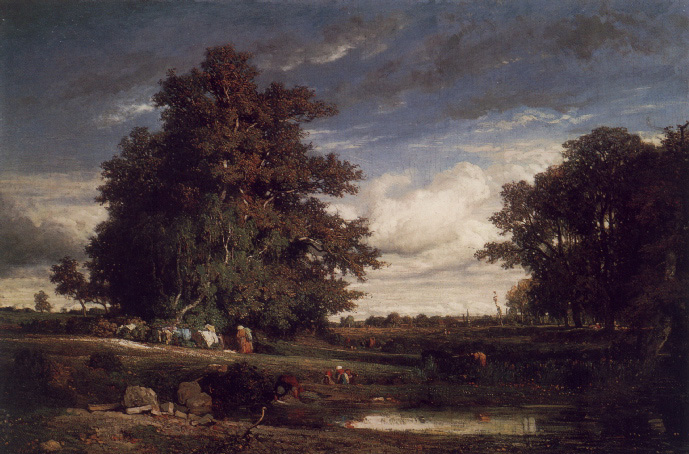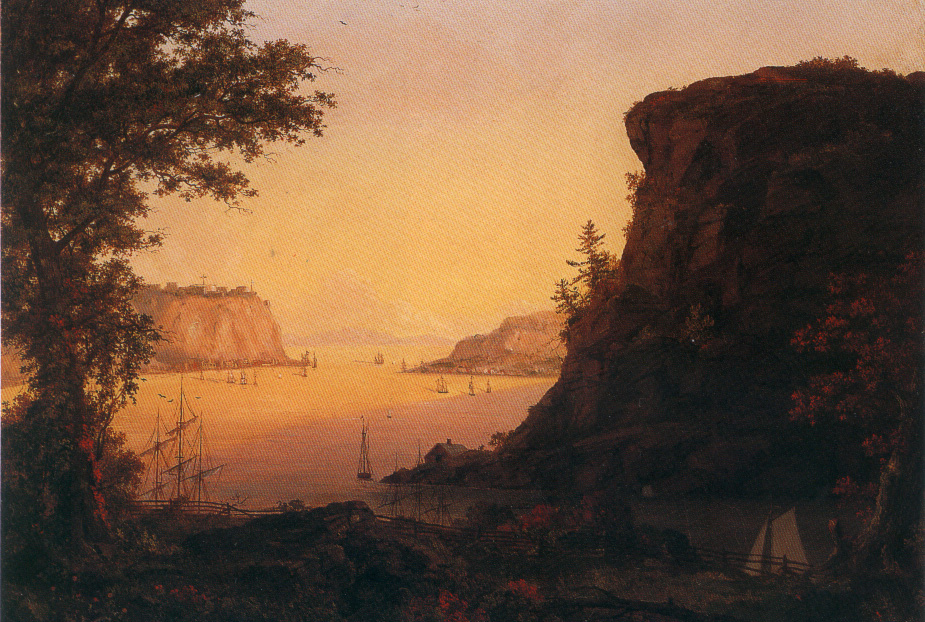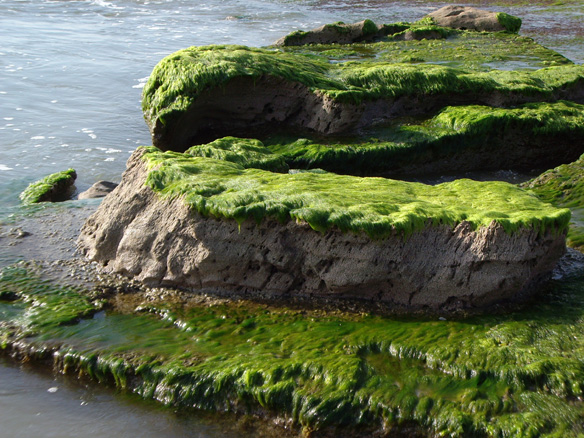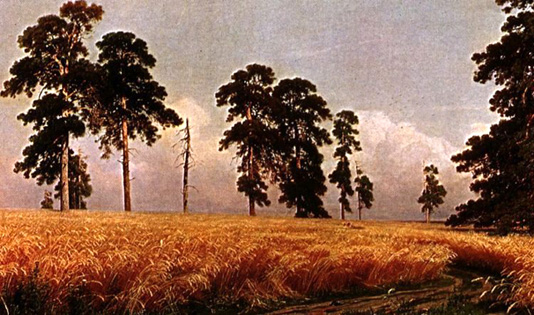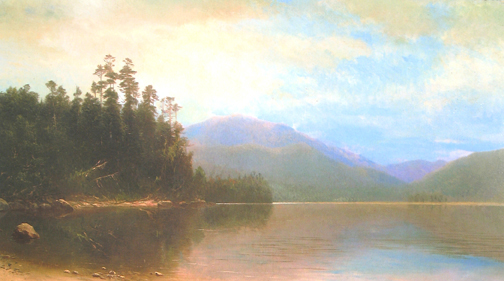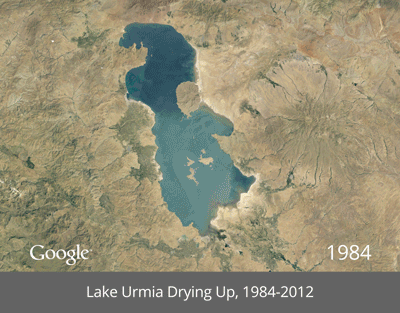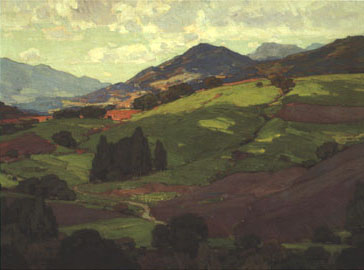 So in fact this sense of permanence, this feeling of enduring history, is a tease: landscapes alter. Humans make their mark and then in a generation or two the marks are erased: the evidence of what has once been may be visible enough to archaeologists, ecologists, and topographers , to trained eyes but to most of us the countryside we see is timeless: because it is there, and because it looks just so . . . we find it easy to believe it has always looked so."
So in fact this sense of permanence, this feeling of enduring history, is a tease: landscapes alter. Humans make their mark and then in a generation or two the marks are erased: the evidence of what has once been may be visible enough to archaeologists, ecologists, and topographers , to trained eyes but to most of us the countryside we see is timeless: because it is there, and because it looks just so . . . we find it easy to believe it has always looked so."
Tim Radford, The Address Book. (2011). pp. 51-52.
Greek | Roman | Medieval | Modern | Contemporary
Layers of words from antiquity to present times convey a deeply expressive and variety of meaning with respect to terrain.
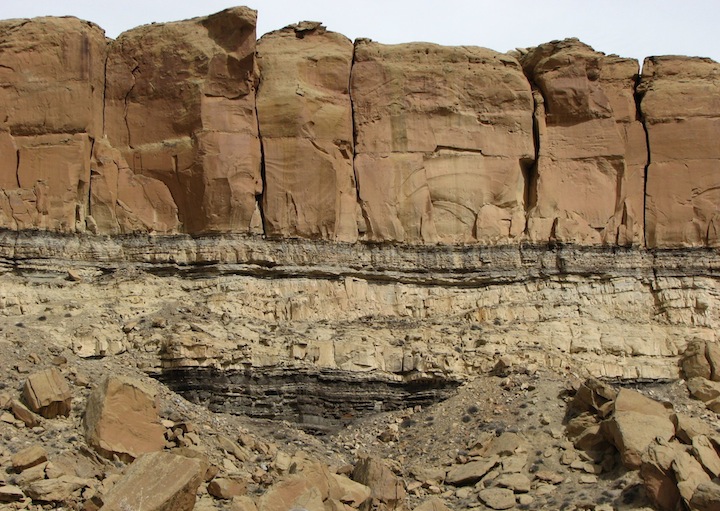
Students when constructing a sense of place use words, literature, pictures, maps, painting, sounds, cuisine and describe ethnic varieties of inhabitants.
"of airs, waters and places," the Hippocratic Corpus
Herodotus notes the dependence of ethnic character on the
topographical features, climate and geographical situation of distinct peoples.
phanearain, the manifestation of the divine embodied in the material conditions of places.
physis, the material, corporeal, or bodily condition of things.
pan the wild urge of the countryside to overrun civilized spaces.
chortos, food, fodder, tilled earth
hyle, wood, matter
genete, birth
topos, place
oikos, household
oikumene, fields, groves, structuresOlive culture in southern Spain reveals the impact of olive tree orchards on land-use.
Hekate was the goddess of Crete's crossroads.
Delphi was the omphalos of the Hellenistic world.
deltaic, the broad sinuous pathways of a river meeting the sea.
Greek | Roman | Medieval | Modern | Contemporary
natus, to be born, nativity, native
terra, terrain as a tract of ground
Sylvanus, god of fields and woods
Termini, deities of boundaries
hortus, an enclosed outside area 123Genii loci, a peculiar manifestation of local power of terrains to influence customs.
forum, an area for human exchange
rivas, rivals referring to opposite sides or banks of a river.
fructus naturales, the fruit native to a region
garden, a places to cultivate plants.
rogation, from rogare to walk around; the annual walking of boundaries by elders and priests to establish common borders.
commons, those areas established for grazing and wood gathering adjacent to villages and held communally by all the inhabitants.
